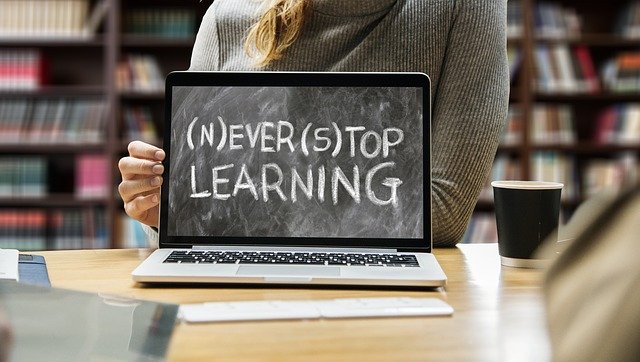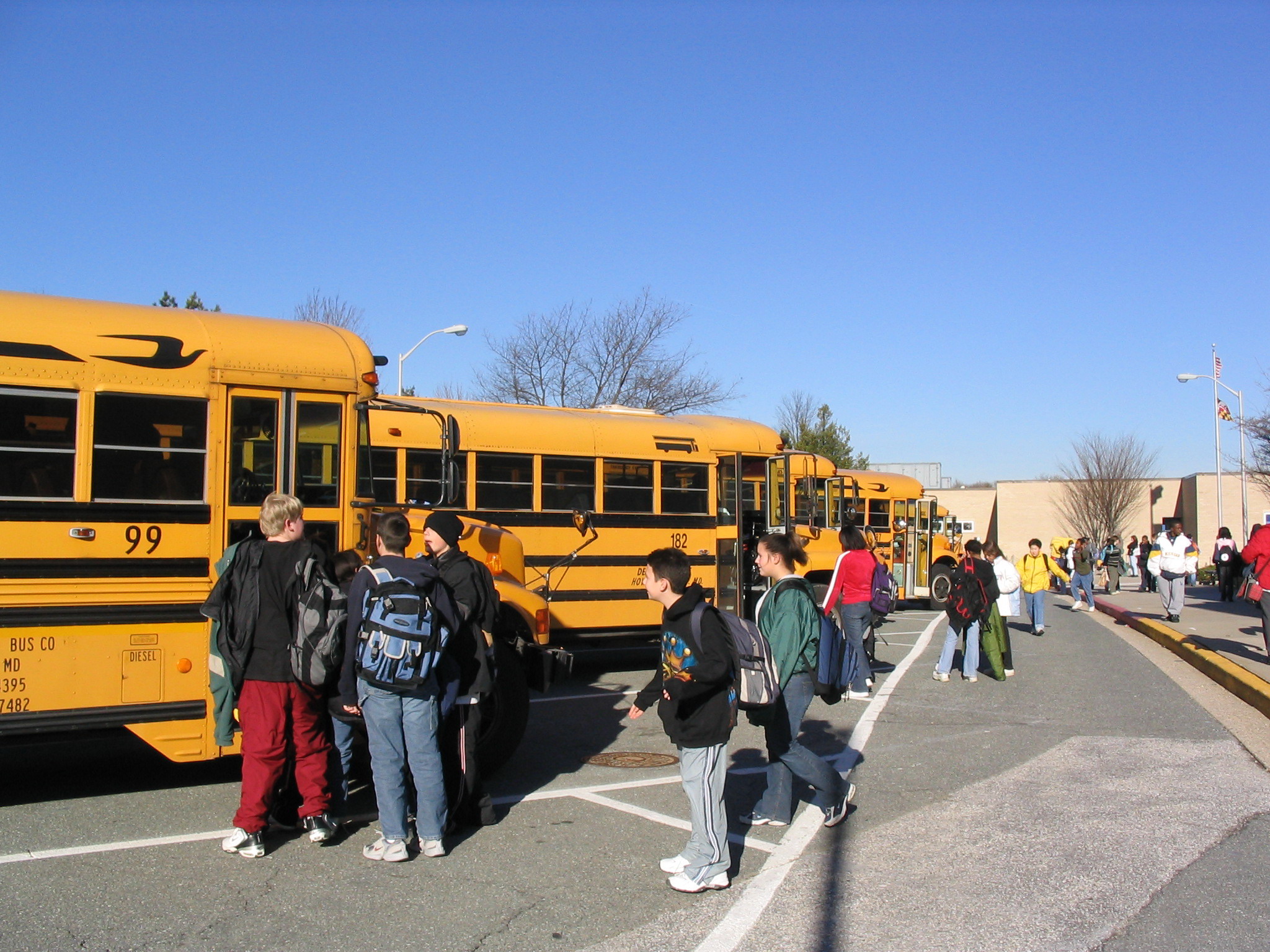One million children are closed off from Maryland’s public schools because of the COVID-19 pandemic. Administrators must not exploit this crisis to give themselves a taxpayer-funded vacation.
State Superintendent Karen Salmon directed administrators, teachers, and staff “to immediately prepare for and to put into place measures for the continuity of educational services during a prolonged period of school closure.”
It’s the 21st century. Schools can keep teaching thanks to the internet, even when facilities are shuttered. At a minimum, teachers should continue their lesson plans by uploading daily lectures to YouTube and emailing homework.
This is not a question of resources. Every educator in Maryland can afford an internet-enabled smartphone. They can ask children how TikTok and Instagram work.
Many already integrate distance learning into their classrooms. Taxpayers purchase subscriptions to various online educational services through the public schools.
Similarly, taxpayers finance public libraries’ downloadable audiobooks, ebooks, and streaming videos. Schools should utilize these so families can keep children educated when homebound.
On top of taxpayer-funded programs, the Internet contains an infinite supply of free-of-charge educational content across every subject. Teachers should select their favorites and post regular hyperlinks. Show your work.
But some public schools play hooky.
For example, in one of the wealthiest communities in the United States, the Howard County Public School System spent more than a month relaying coronavirus updates to families. They said “wash your hands” about a dozen times.
Yet HCPSS did nothing to provide distance learning during a shutdown. Instead of resources, they offered excuses.
“HCPSS does not currently have the ability to implement distance learning if students were required to be out of school for an extended period of time,” county Superintendent Michael Martirano said in a March 9 update. “To do so would require the system to provide 1:1 technology to students and ensure all students have access from home to the internet and provide this access to those who do not. This is not our current reality.”
Martirano could not guarantee everybody would obtain distance learning from public schools. So he guaranteed that nobody would. At least he does not apply this logic to the attendance policy.
Chutzpah is a superintendent using email and a website to tell parents there is no alternative to brick-and-mortar instruction.
In fact, more than 90% of Howard County households have broadband Internet access through their desktops, laptops, smartphones, and tablets. Accordingly, even HCPSS’s generic “Supporting Students At Home” syllabus presumes Internet access. It directs students via Google, The New York Times, and public broadcasting websites.
That is “our current reality.”
But the government is stuck in 1950: technologically and politically.
Last fall, a majority of Howard County’s own County Council libeled the schools racially segregated. Yet The Baltimore Sun reported “Howard County is the most integrated school district in the region.” Then the schools discriminated against children on the basis of their socioeconomic status, forcing thousands of minors to switch schools just to increase the poverty rate at some schools and decrease it in others. But there is no expected benefit to students’ academic performance, and it even jeopardizes poor students’ access to certain need-based programs.
If HCPSS’s invocation of socioeconomic equity was genuine, not tokenistic, then distance learning would be a priority year-round — let alone right now.
Wealthy families are ahead of the curve. They know high-quality online classes can teach anything, including Skype-based foreign-language lessons with instructors worldwide and courses on diverse topics ranging from ancient architecture to zoonotic virology. Helicopter parents are discovering these now that education is a DIY project.
Low-income families lack such wherewithal. Wherever public schools abandon distance learning during this shutdown, poor children suffer while rich kids advance privately.
Maryland is not alone. About 300 million students worldwide are experiencing similar closures. In China, where per-capita GDP is only about $10,000, children get online to fill the gap. Some schools live-stream P.E. lessons. Chinese families even pay Marylanders to teach English remotely. Nomads on the Mongolian steppe move their yurts to reach better wi-fi.
It is unconscionable that in our region, saturated with free public Internet and ubiquitous broadband, public schools neglect this obvious medium during a public-health crisis.
Every public school district in Maryland should open up its online curricula for access by students from other school districts, and provide login credentials where necessary.
Any administrator that suggests he cannot offer bona fide distance learning programs must follow the three A’s: Apologize for his error, Adopt a solution, then Abdicate his office.
And instead of binging Netflix while children teach themselves, educators must stay on task.
The rest of us know it as telework.
———–
Here is a small sampling of the boundless educational services available online:
Anne Arundel County Public Schools: https://www.aacps.org/elearning
ABC Mouse: https://www.abcmouse.com/abt/homepage
Adventure Academy: https://www.adventureacademy.com/
The Art Assignment: https://www.youtube.com/user/theartassignment
BBC The Forum: https://www.bbc.co.uk/programmes/p004kln9/episodes/downloads
The Bible Project: https://bibleproject.com/
Code.org: https://code.org/
Coursera: https://www.coursera.org/
Crash Course Kids: https://www.youtube.com/user/crashcoursekids
EdX: https://www.edx.org/
Google Arts & Culture: https://artsandculture.google.com/
The Great Courses: https://www.thegreatcourses.com/
Khan Academy Kids: https://khankids.zendesk.com/hc/en-us/articles/360040315632-How-to-use-Khan-Academy-Kids-for-remote-learning
Leap Frog: https://www.leapfrog.com/en-us/learning-path
Math Playground: https://www.mathplayground.com/logic-games.html
Memrise: https://www.memrise.com/home/
MIT Open Courseware: https://ocw.mit.edu/index.htm
Mystery Science: https://mysteryscience.com/school-closure-planning
Open Culture: http://www.openculture.com/freeonlinecourses
Open Yale: https://oyc.yale.edu/
Outschool: https://outschool.com/online-classes?startAfter=ThisWeek&age&order=upcoming#abk7w8jl7i
Reading IQ: https://www.readingiq.com/
Scholastic: https://classroommagazines.scholastic.com/support/learnathome.html
Wishbone: https://www.youtube.com/playlist?list=PL0L7ZPi2gzWI79_DzDYHlNiJHGuyPdXyw
YouTube Learning: https://www.youtube.com/education







Recent Comments